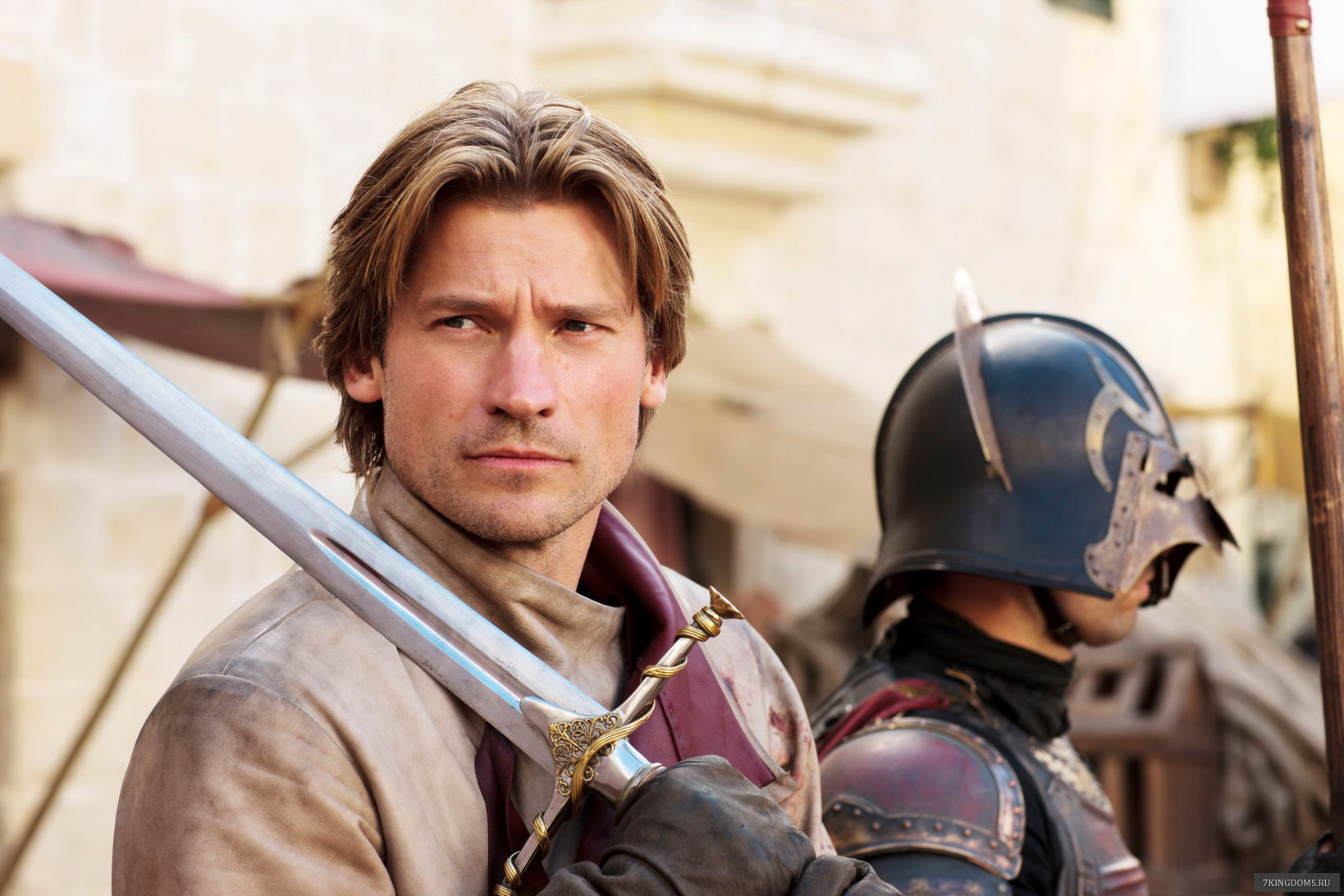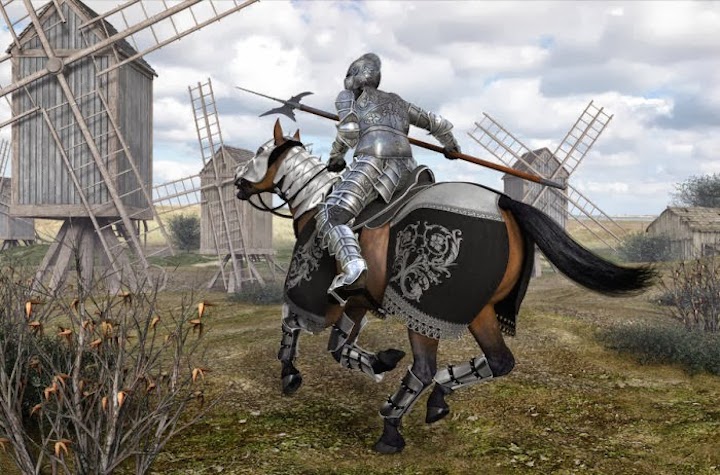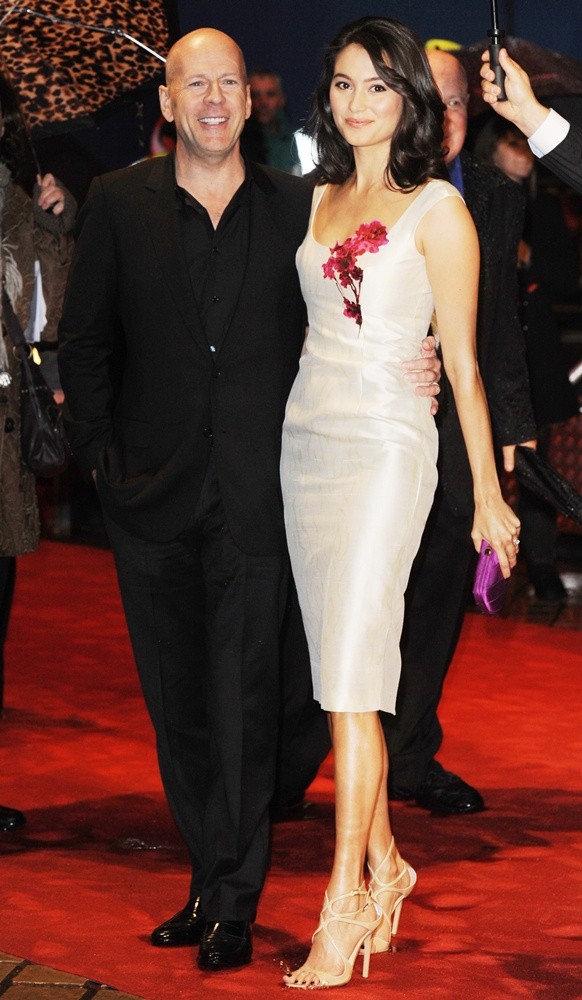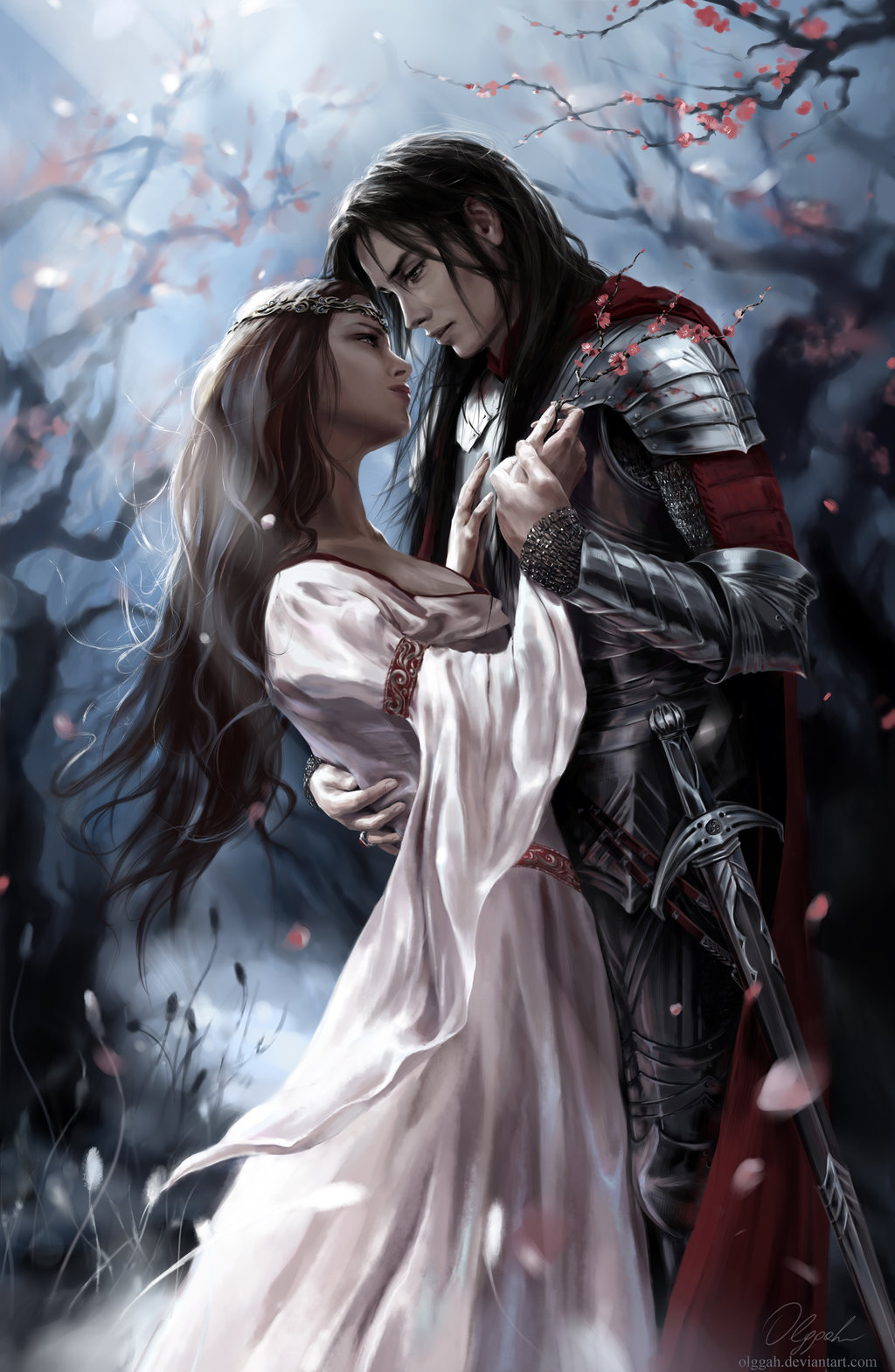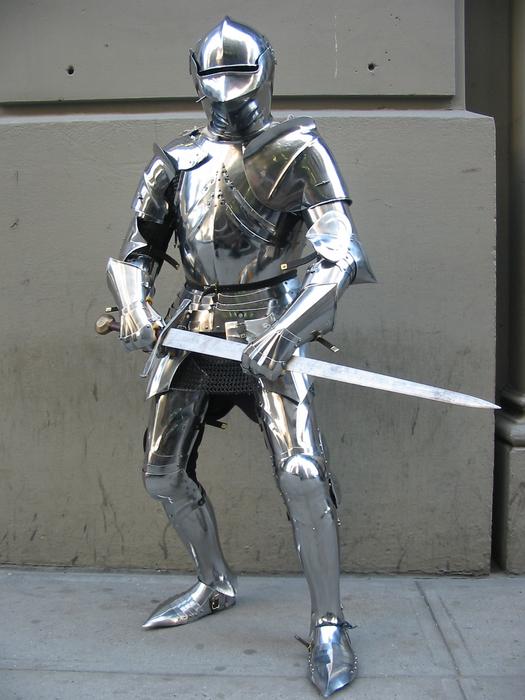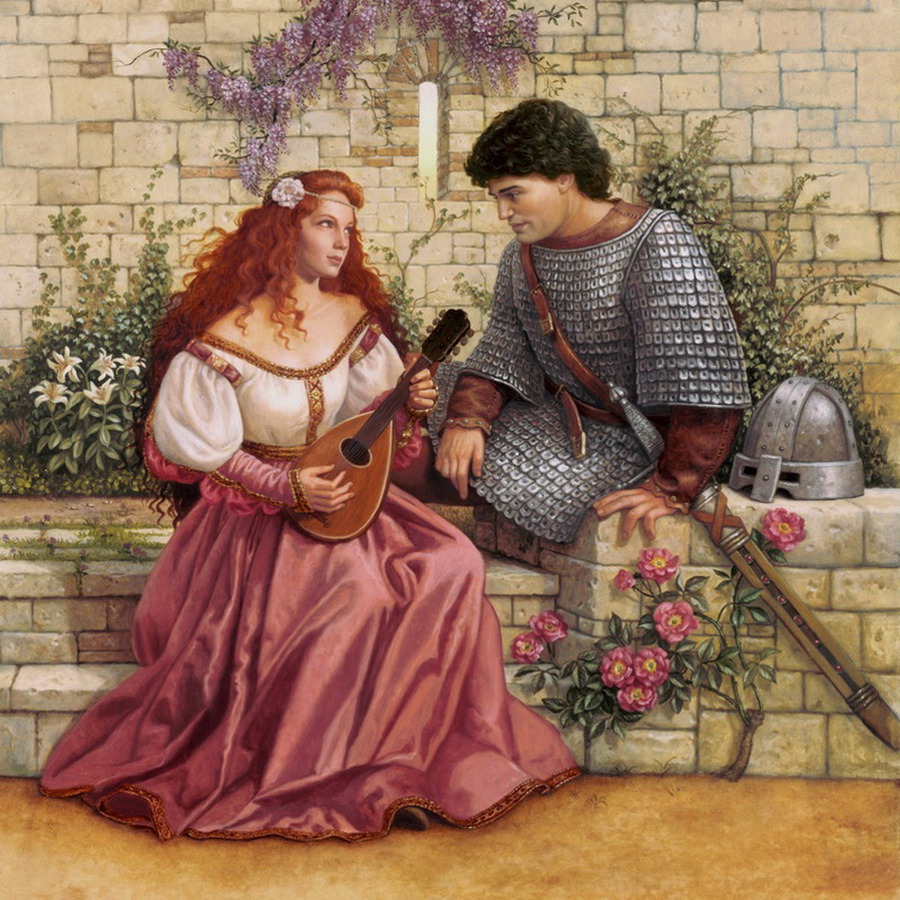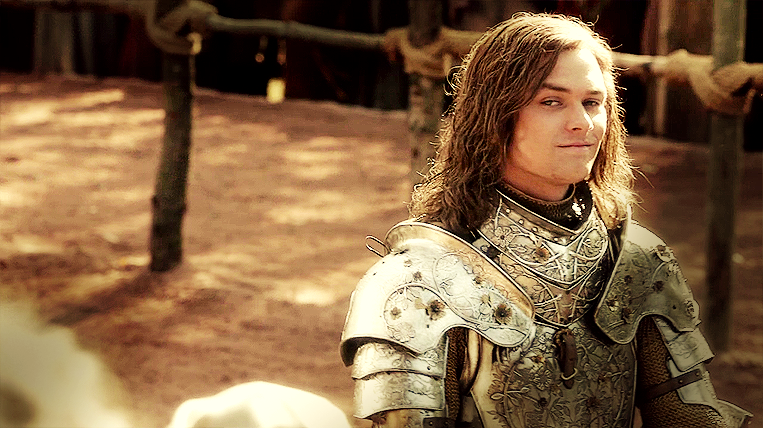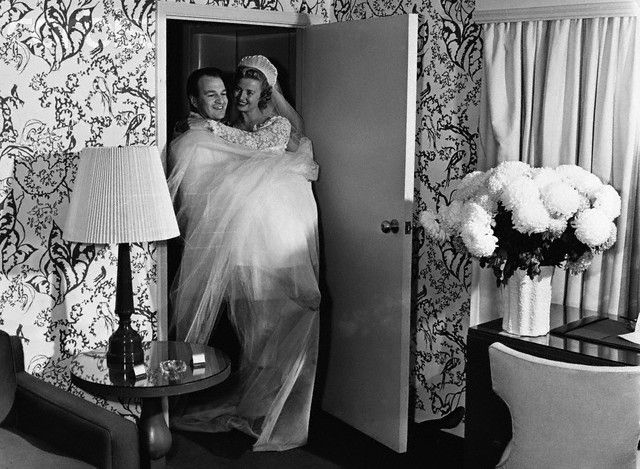14 Interesting Facts About Chivalry
Increase your knowledge about these centuries-old codes conduct.
Published 9 years ago in Wow
Increase your knowledge about these centuries-old codes conduct.
3
One sociologist reports that, overall, 16% of men believe a woman owes him sexual favors in return for paying for dates. This number climbs the younger a man is. Approximately 21% of men under the age of 25 believe this. Additionally, the less a man earns, the more likely he expects sex as payment for a date.4
A survey found that women were actually more chivalrous than men. Women were more likely to give up their seats to the elderly or expecting mothers. They are also more likely to say hello to a complete stranger and more likely to hold the door open for someone. The survey suggests that men have abandoned chivalry for fear of "getting it wrong."7
Miguel de Cervantes (1547–1616), in his novel Don Quixote, effectively satirized chivalric romances that were still being read in 16th-century Spain. The central character of the novel, Don Quixote, interprets his experiences according to his reading of the chivalry romances of the time—which, in turn, leads him to outrageous adventures, such as battling windmills.11
The chivalric tradition of tipping one’s hat is rooted in the Middle Ages. In medieval times, knights often wore a full body of armor, making it difficult to identify friend or foe. As a sign of friendliness, knights would lift their helmet visors to show their faces to one another. The modern military salute also shares this origin.12
In the later Middle Ages, wealthy merchants adopted chivalric attitudes which were initially practiced by knights. This move helped democratize chivalry, which led to a new genre called “courtesy books.” These books were guides of behavior for “gentlemen,” which included respect for women and concern for those less fortunate.13
The “damsel in distress” is a central archetypical character in the history of chivalry, particularly during the Middle Ages. Nowadays, some women dismiss chivalry as a type of benevolent sexism because it relies on the assumption that women are weak and in need of protection while men are strong.





